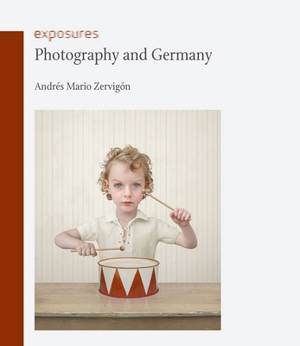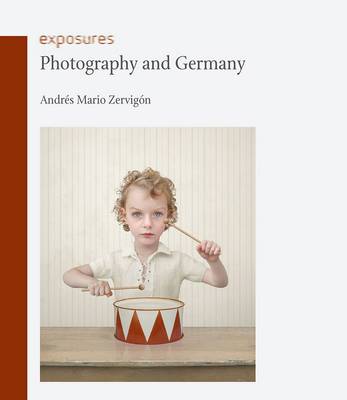
- Afhalen na 1 uur in een winkel met voorraad
- Gratis thuislevering in België vanaf € 30
- Ruim aanbod met 7 miljoen producten
- Afhalen na 1 uur in een winkel met voorraad
- Gratis thuislevering in België vanaf € 30
- Ruim aanbod met 7 miljoen producten
Zoeken
Omschrijving
The idea of photography in Germany evokes everything from the pioneering modernist pictures of the Weimar era to the colossal digital prints that define art photography today. But it also recalls horrifying documents of wartime atrocities and the relentless surveillance of East German citizens. Photography and Germany broadens these perceptions by examining the medium's multi-faceted relationship with Germany's turbulent cultural, political, and social history while rethinking the notion of German photography with fresh insights on its historical context. Andrés Mario Zervigón covers this history from the region's pre-photographic experiments with light-sensitive chemicals to today's tension between analog and digital technologies. Rather than simply providing a survey of German photography, however, he focuses on how the medium, as a product of the modern age, has intervened in a fraught project of national imagining, often to productive ends but sometimes to catastrophic results. Richly illustrated with numerous previously unpublished images, Photography and Germany is the first single-authored history of photography in Germany ever published, one that deepens our broader understanding of how photography cultivates notions of a nation and its inhabitants.
Specificaties
Betrokkenen
- Auteur(s):
- Uitgeverij:
Inhoud
- Aantal bladzijden:
- 224
- Taal:
- Engels
- Reeks:
Eigenschappen
- Productcode (EAN):
- 9781780237480
- Verschijningsdatum:
- 15/06/2017
- Uitvoering:
- Paperback
- Formaat:
- Trade paperback (VS)
- Afmetingen:
- 188 mm x 218 mm
- Gewicht:
- 793 g

Alleen bij Standaard Boekhandel
+ 60 punten op je klantenkaart van Standaard Boekhandel
Beoordelingen
We publiceren alleen reviews die voldoen aan de voorwaarden voor reviews. Bekijk onze voorwaarden voor reviews.











